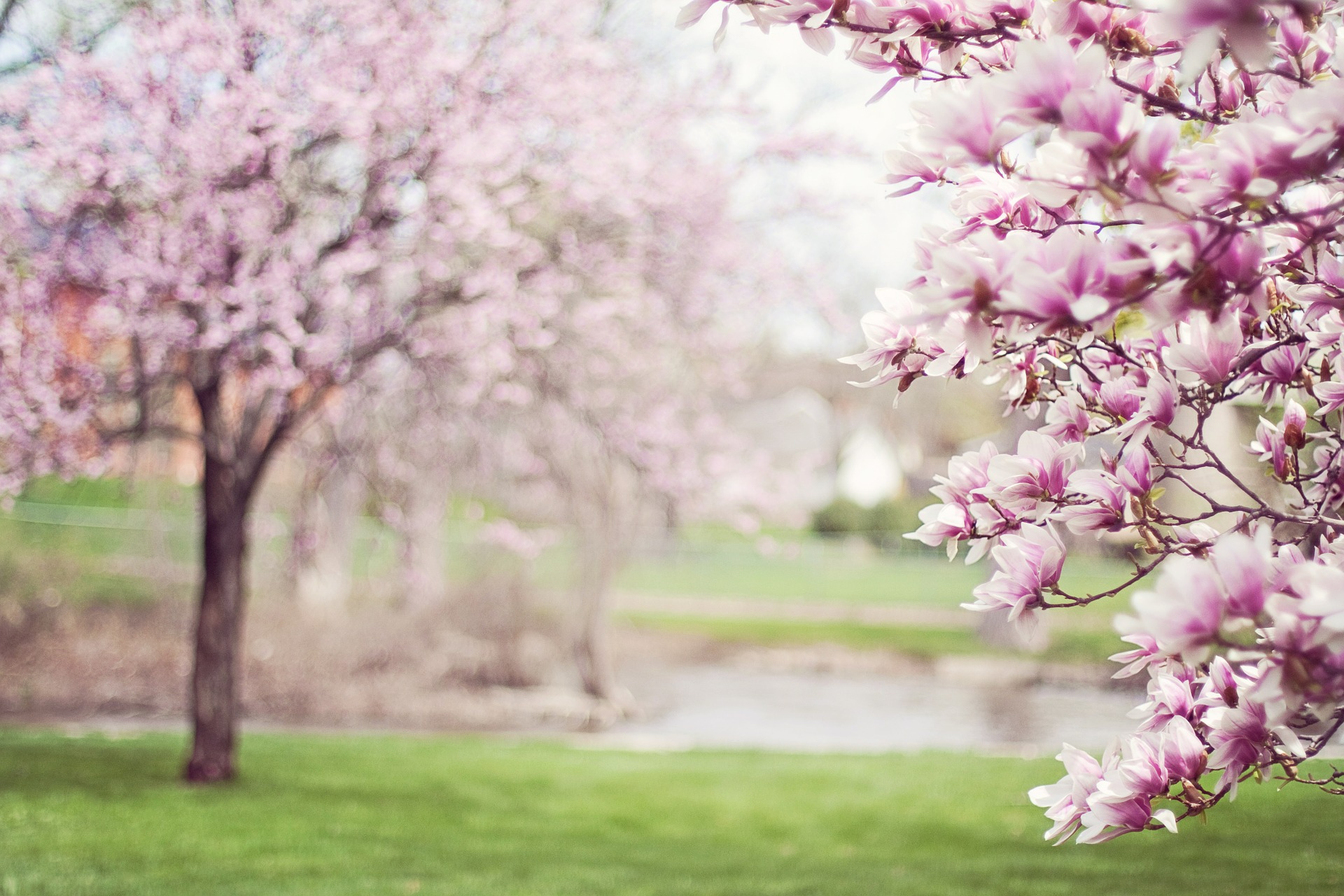Does honey really help combat seasonal allergies? Can you get a short-haired dog that won’t cause allergy symptoms? If you suffer from allergies, it’s important to know the facts about their triggers and treatment. The allergists at NY Allergy & Sinus Centers are here to answer all of your questions and debunk these popular allergy myths.
Here are five common myths our patients bring up to our physicians.
Allergy Myth #1: “Honey helps combat seasonal allergies.”

Many people believe honey helps with allergies because it has pollen, and ingesting a small amount of pollen each day will help build immunity to it. On the contrary, very little pollen is deposited in honey. This amount is so insignificant that it would not benefit your allergies. However, allergy shots can help combat seasonal allergies.
Allergy Myth #2: “If I have allergies, I can’t be around flowers.”

Not all flowers release enough pollen to cause an allergic reaction. Some flowers have larger pollen grains that don’t blow around. In fact, you’re more likely to have an allergic reaction to bark mulch than most flowers. Some allergy friendly flowers are lilies, hydrangea, and daffodils. So before abandoning all hope for a beautiful and colorful yard, visit a Board-Certified allergist to see which flowers are safe for your allergies.
Allergy Myth #3: “Living in the desert or dry climate will help my seasonal allergies.”

This statement is not true because there are different allergens in all regions of the U.S. While you may not experience allergies due to humidity, such as mold and mildew, ragweed pollen is a major culprit of allergies in dry regions. Dust is also a major concern in the desert and can cause allergy-induced asthma. So instead of packing up your things and moving out west, visit an allergist for allergy shots or other treatment to soothe your symptoms.
Allergy Myth #4: “Allergy season is only in the spring.”

Spring is famous for causing many allergic reactions because of tree pollen; but did you know that environmental allergies occur year round? The summer brings us grass pollen and insect sting allergies. Ragweed allergies hit their peak in fall and are the leading cause of allergies from August-October. While many people find relief from pollen in the winter, with more time spent indoors, dust mite, pet dander, and mold spores can also aggravate allergic symptoms. Get tested today to find out what triggers your symptoms and find out how you can best be treated.
Allergy Myth #5: “If I get a short-haired pet, allergies won’t be a problem.”

Pet allergies are actually caused by certain proteins that are found in animal skin cells, hair, saliva and, urine. Even if you’re not allergic to your pet’s fur, you could be allergic to their saliva. It’s important to check with your allergist first before you adopt a new member into the family; however, if you must take home a furry animal, NY Allergy & Sinus Centers has tips on how to manage allergies as a pet lover.
Meet the Physician Collaborator
Dr. Marc Braunstein is a physician specializing in allergy and immunology. He is board certified with the American Board of Internal Medicine and The American Board of Pediatrics. He sees common cases of hay fever, asthma, food allergies, and drug allergies. You can schedule an appointment with Dr. Braunstein by calling 212-686-4448 or by visiting one of our seven offices throughout New York City.

